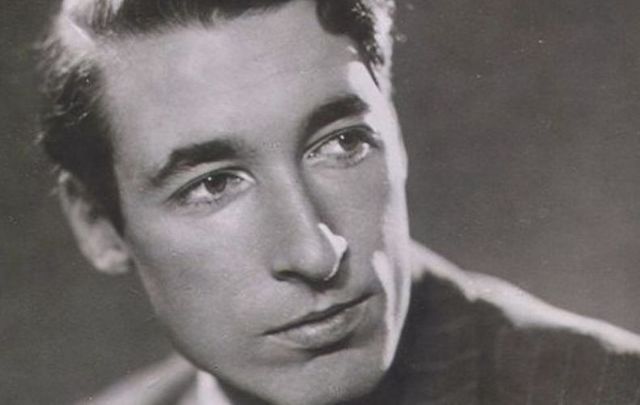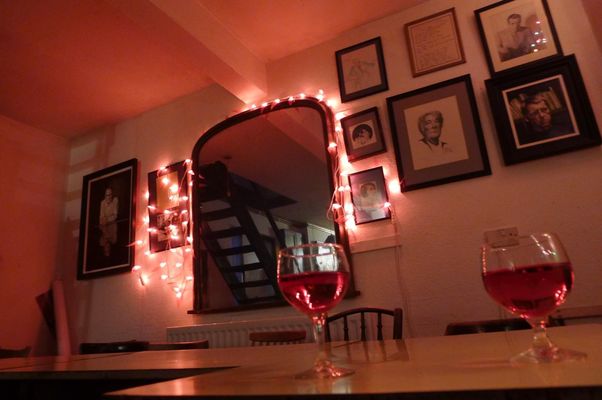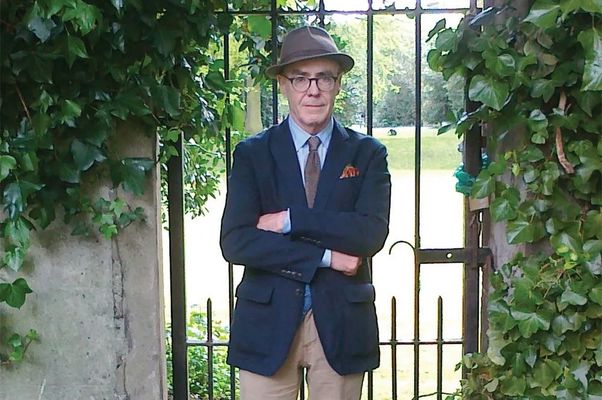AROUND this time of the year quite a few people I know (and many more that I don’t) go through something of an annual ritual: reading Louis MacNeice’s Autumn Journal.
Starting in August 1938, MacNeice wrote about what was happening in his life along with what was going on in Europe and the wider world.
The product is a freewheeling book-length poem that takes in just about anything the poet’s mind settles on: his love life, what’s being built on Oxford Street, news of speeches by Hitler, the sound of sea-lions in London Zoo, the Spanish Civil War.
Louis MacNeice was in his early 30s when he wrote 'Autumn Journal' and his life had been strange and turbulent. He was born in Belfast in 1907 on Brookhill Avenue, just off the Cliftonville Road, the son of an Anglican clergyman who moved the MacNeice family to Carrickfergus when he was appointed as rector in St Nicholas’ in the town.
There was opposition to a man from Galway being given a position in Carrickfergus: workers in the town’s factories were given the day off to protest the arrival of the new rector. People gathered outside Carrickfergus station to taunt the family arriving by train, including the young Louis. His mother, Elizabeth MacNeice, was hospitalised with severe depression when her son was six and she died the following year. "When I was five the black dreams came; nothing after was quite the same," he writes in ‘Autobiography’. He was sent off to boarding school in England, then studied at Oxford. He lived in Birmingham and, at the time of writing Autumn Journal, London.
This isn’t to suggest a direct link between his early life and the poetry he wrote, but it’s probably a bad idea to dismiss it. His best poems are full of things in constant motion: ‘The train's rhythm never relents, the telephone posts/ Go striding backwards like the legs of time’ (‘Train to Dublin’); ‘The room was suddenly rich and the great bay window was/ Spawning snow and pink roses against it’ (‘Snow’). As often as that, they’re full of things frozen in time: ‘Time was away and somewhere else,/ There were two glasses and two chairs/ And two people with the one pulse/ (Somebody stopped the moving stairs)’ (‘Meeting Point’).
With Autumn Journal the confluence of world events and personal turmoil compelled the poet to explode his tendency towards short, complex poems into a huge, public voice. "Close and slow, summer is ending in Hampshire" is how it starts; from there it sets off on a trajectory of picking up momentum, helped on its way by its relentless rhyming and improvisational rhythms.
What you get throughout the poem is the perspective of someone whose life has been marked by being neither one thing nor another, a poet who couldn’t settle if he tried. We’re getting the outworkings of a mind that’s constantly abroad in something that’s made to look like real time. Impressionistic is probably the wrong word, but it’s quite close; it’s wrong because the ‘stuff’ of the poem is always in acute focus, but the nature of the journal form means that the ‘stuff’ is always fading out of view.
When we reach his thoughts on Ireland by the sixteenth section, we’re already aware that the threat of war in Europe is in the zeitgeist. In the context of global unrest, he tries to answer the question ‘Why do we like being Irish?’ It’s a section that’s full of anger:
I hate your grandiose airs,
Your sob-stuff, your laugh and your swagger,
Our assumption that everyone cares
Who is the king of your castle.
Castles are out of date,
The tide flows round the children’s sandy fancy;
Put up what flag you like, it is too late
To save your soul with bunting.
It is eminently readable. I’ll go back to it myself.








